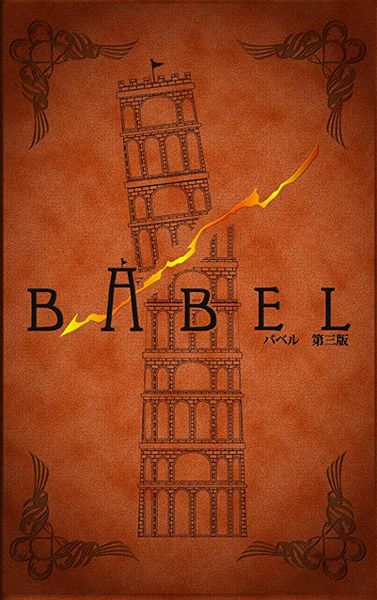BABEL (2016) Board Game
BABEL is a board game released in 2016, designed by Masakazu Takizawa. The game is set in the world of mythology and incorporates elements of action, dexterity, bluffing, and hand management. It can be played by 1-5 players, with a runtime of 15-30 minutes. The game is suitable for players aged 10 and above.
Game Components of BABEL
How To Setup BABEL
To set up Babel, start by selecting a start player and each player choosing a color. The game board is placed between the two players, and each player positions their building pawn on the Temple space on their side of the board. Two level 1 Temple cards are removed from the Temple card deck and given to each player. The remaining Temple cards are shuffled and placed face down on the Temple space. The Nation card deck is also shuffled, and each player draws a starting hand of cards (the start player draws 3, and the second player draws 5).
Gameplay Mechanics and Game Objective
Player Experience
Babel is known for its direct and interactive gameplay, making it a brutal yet engaging experience. Players are constantly in conflict, either by building their own temples or undermining their opponent’s progress. The game requires strategic decision-making, as players must carefully choose when to use their cards and when to disrupt their opponent’s plans. This level of interaction can make the game intense and potentially friendship-testing, but it also provides a deep and rewarding strategic experience.
Pros
Cons
Personal Thoughts on BABEL
Babel is perfect for those who enjoy strategic, two-player games with a high level of interaction. It is ideal for players who appreciate deep gameplay and are comfortable with direct conflict. However, it may not be the best choice for those who prefer more casual or cooperative games. If you’re looking for a game that packs a lot of strategy into a compact package, Babel is definitely worth considering.
We are supported by our audience. When you purchase through links on our site, we may earn an affiliate commission, at no extra cost for you. Learn more.

